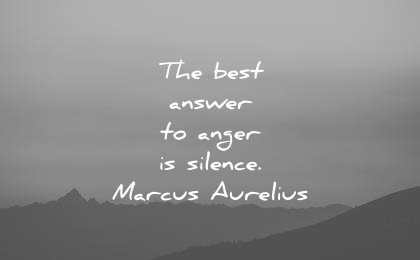
Do we keep our self-control? Or do we lose our patience?

We are defined by how we handle the nonsense. When you want to do something meaningful, you will encounter nonsense. When we aspire, we will deal with nonsense. The person who clears the path ultimately controls its direction. Most of what you think you know is out of date or wrong. You have an attitude that needs to be readjusted You’re not as good or as important as you think you are When you are just starting out, humble yourself with these truths: Start small, iterate, and get better as they go What are we benchmarking ourselves against? How are we sure that what we’re doing is moving us forward? Purpose is about pursuing something outside yourself. Purpose = I must do _, I was put here to accomplish _, I am willing to endure _ for the sake of this, Passion is “about”, but purpose is “for”, e.g. When it feels wrong to take it slow, it’s probably impatience ⇒ but losing your patience rarely speeds up the journey Realism is about detachment and perspective. Lewis Alcindor describes John Wooden’s coaching style as “dispassionate” ⇒ Wooden was about being in control Passion can cause failure ⇒ it can enslave ⇒ it’s better to be driven by reason Passion = strong and barely controllable emotion You can’t learn if you think you already know ⇒ You will not find answers if you’re too proud to ask questions. This creates a continuous feedback cycle from all angles.Ī true student is self-critical and self-motivated ⇒ he/she is also his own teacher and critic.Īcting as an eternal student can keep you humble ⇒ Ego blocks learning.
#Marcus aurelius quote ego is the enemy plus#
Plus ⇒ you need someone better to learn fromĮqual ⇒ you need someone equal to challenge yourself against But silence is a strength.įrank Shamrock has a system he trains fighters in that he calls plus, minus, and equal: When we are uncertain, we are confronted with silence ⇒ this silence is where the great breakthroughs come from ⇒ Don’t seek the safety of talk Goal visualization is important, but don’t let visualization be confused with real progress ⇒ The more time you spend thinking and talking about a task, the more you feel you’ve invested into completing the task (even if you’ve made no progress). The most meaningful things we do are often the most difficult. It’s easier to talk about what you are doing than to actually do it ⇒ this applies to writing, creative work, and business building. Paul Graham warns startups again having bold, sweeping visions early on ⇒ the trick is to start with deceptively small things and work organically toward bigger things. Humility, diligence, and self-awareness are rare.Ī focus on the long term is necessary to keep ego in check ⇒ think big in the long term, but also aim small in the near term. Today’s cultural values tend to make us dependent on validation, entitled, and ruled by our emotions ⇒ Our leaders (parents, public figures, teachers, etc.) focus on building our self-esteems and telling us we can accomplish anything ⇒ this makes us weak? Prioritize action and education over validation and status.Ĭhoose action over speaking (both take energy, one makes progress)ĭon’t fall in love with the image of what success looks likeĬreate clarity and act with deliberateness and logical determination ego).ĭevelop the skill to evaluate your own ability (this leads to self-learning and self-improvement) If your belief in yourself is not dependent on actual achievement, then what is it dependent on? (Probably nothing… i.e. Insincere self-depreciation is not the same as modesty.

Those for who it is a slow growth dependent on actual achievement (personal success is a constant surprise) Those who are born with a belief in themselves (personal success is rarely a surprise)

There are two types of people who rise to fame: This is when you set out to do something ⇒ you have a goal We are constantly moving in and out of the following three phases.Įgo is the enemy of our aspirations, our success, and our recovery from failure: Manage your ego ⇒ replace it with earned confidence and humility. You don’t want to entirely suppress ego ⇒ strive for less ego ⇒ strive for thinking less of yourself. Ryan wrote this book ( Ego is the Enemy) because it’s the book he wished existed at critical turning points in his own life.įor purposes of this book, ego = the group of traits including selfishness, delusion, arrogance, greed, and endless competitiveness ⇒ it’s what we mean when we say “someone has a big ego”.Įgo is not the same as confidence ⇒ confidence is earned, ego is stolen.Įgo drives us to success, but it also makes us vulnerable.Įgo causes us to blame others for our problems. He is a media strategist, the former director of marketing for American Apparel and a media columnist and editor-at-large for the New York Observer. He’s founder of the creative advisory firm Brass Check. Ryan Holiday is an American author of 10+ books.


 0 kommentar(er)
0 kommentar(er)
